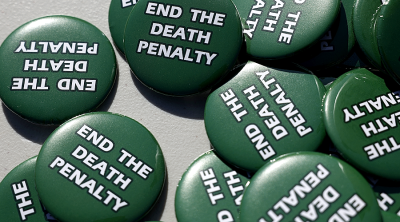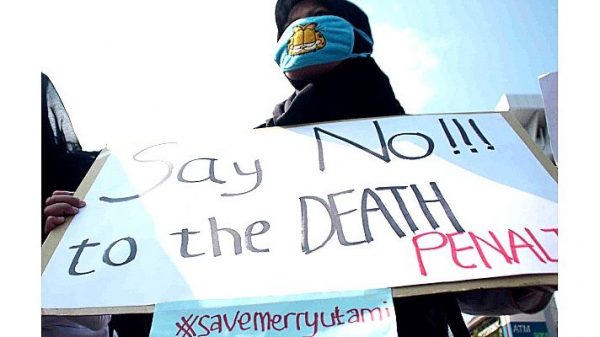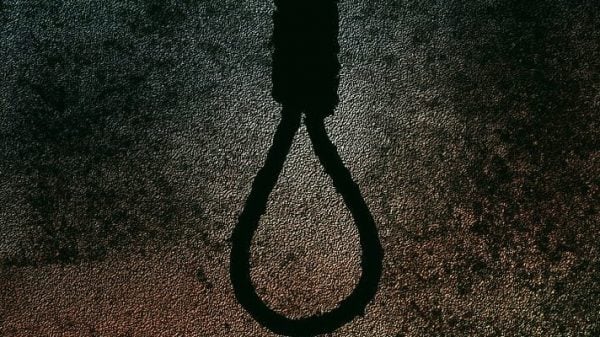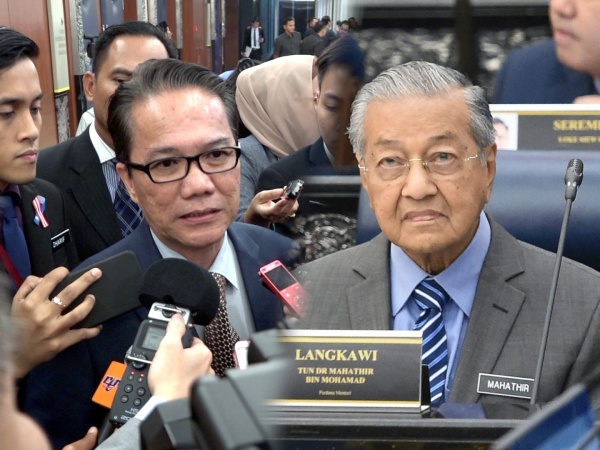Life is precious. Abolishing mandatory death penalty is not disregard for justice, but avoidance of irreversible tragedies while ensuring that justice is done.
The government has agreed to abolish mandatory death penalty, to be substituted with other sentences subject to the discretion of the court.
Even though the cabinet has resolved to abolish mandatory death penalty, the decision will only come into effect through law amendment.
The cabinet has at this moment agreed to further explore and study alternative punishments to replace the existing 11 offenses punishable by death, Section 39B of the Dangerous Drugs Act 1952 on trafficking in dangerous drugs, as well as 22 offenses punishable by death but at the discretion of the court.
This matter will then be followed up by the AG’s Office, legal affairs department, the prime minister’s department and other relevant government agencies.
We need to clarify here that abolishing mandatory death penalty must not be interpreted as complete abolition of death penalty. We still retain death penalty even though we have abolished mandatory death penalty. The only difference is, it is at the discretion of the court whether a convict should be handed down with a death penalty, instead of mandatory death for the same offense committed.
Many civic organizations and individuals have voiced their approval for the government’s decision to abolish mandatory death penalty, calling it a major step forward.
Suaram, former Bar Council president Ambiga Sreenevasan and others have highly commended the government’s move.
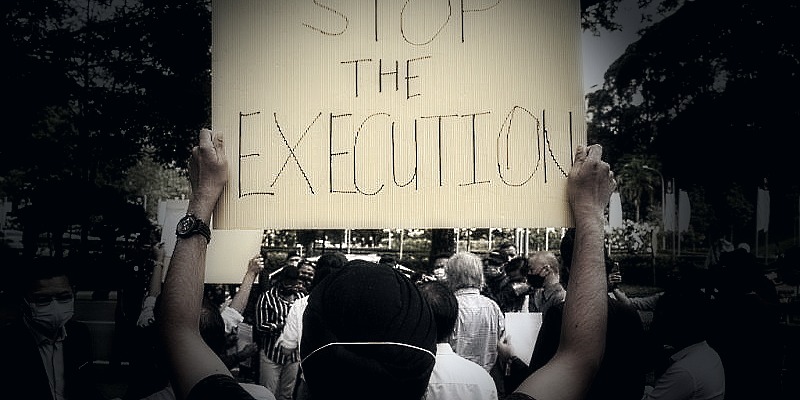
To the proponents of death penalty abolition, while abolishing mandatory death penalty does not imply the complete abolition of death penalty, at least it is a move forward that gives some people an opportunity to go on living.
Meanwhile, for the supporters of death penalty, it is reassuring that death penalty is retained (albeit at the discretion of the court) and can therefore still have a deterrent effect on potential criminals.
As such, the government’s decision has triggered only very minimal backlash among these people.
As a matter of fact, retention or abolition of death penalty has been a highly controversial issue for years in this country. The controversy over the abolition of death penalty several years ago put the then Pakatan Harapan administration under heavy fire, and since then rival camps have made attempts to persuade the other sides.
It is debatable whether death penalty has a strong deterrent effect on potential criminals in the absence of convincing evidences. But even with solid evidences available, there’s hardly any prospect of consensus given the intense disagreement between the two sides.
Compared to full abolition of death penalty, without the slightest doubt the abolition of mandatory death penalty comes as a much more socially acceptable alternative.
The most important factor in the controversy is the irreversible consequences which have been caused. If a convict is sentenced to death, even if he is later found to be innocent, he cannot be brought back to life again, a complication that could only be aggravated by mandatory death penalty. This is because if the accused is found guilty of a capital offense, the judge will have no choice but to pass down a death penalty.
After the mandatory death penalty has been abolished, the judge will then be able to exercise his discretion to determine whether the accused deserves a chance to live. This to a large extent can avoid cases of unjust deaths.
Life is precious. Abolishing mandatory death penalty is not disregard for justice, but avoidance of irreversible tragedies while ensuring that justice is done.
ADVERTISEMENT
ADVERTISEMENT






